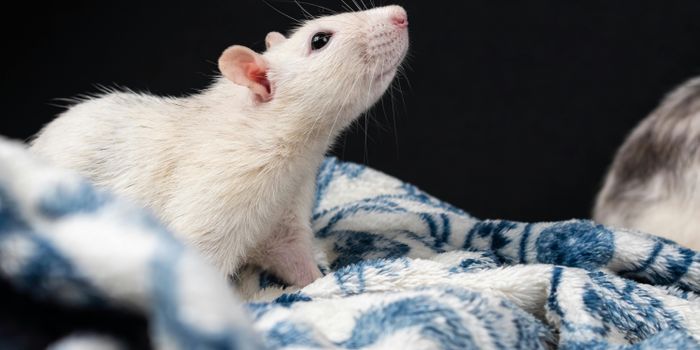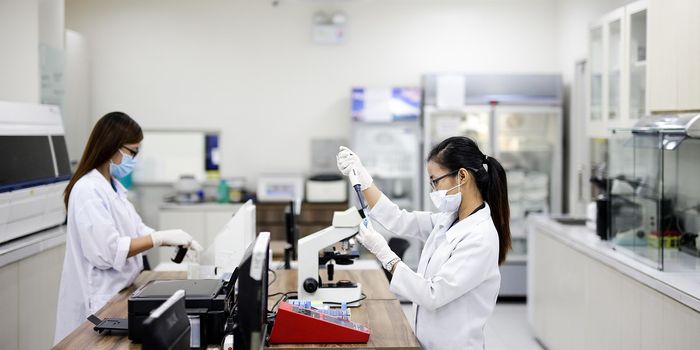Effects of Feeding Hemp Silage to Dairy Cows
A team of researchers led by the German Federal Institute for Risk Assessment (BfR) studied the effects of feeding hemp silage to dairy cows and published their findings in Nature Food. If the hemp silage contained a comparatively high concentration of cannabinoids, both cow behavior and health were impaired. Breathing and heartbeat rates slowed, and the cows appeared uncoordinated and drowsy. They also ate less and produced less milk.
BfR is a scientifically independent institution within the German Federal Ministry of Food and Agriculture (BMEL) that advises the federal government on food, chemical, and product safety. BfR began this study more than ten years ago when EU policy allowed for cannabinoids found in commercial hemp fed to cows could pass into cow's milk, but there was limited research on its effects. Ten dairy cows were monitored for cannabinoid content in milk, blood plasma, and feces. The researchers also tracked body functions such as heart rate, respiration, and behavior.
The cows first received up to 920 grams of commercial hemp silage from whole plants with very low cannabinoid levels in the daily ration, but the researchers noted no measurable health consequences. The next step was giving the cows between 840 and 1680 grams of cannabinoid-rich commercial hemp silage made from buds, leaves, and seeds. Psychoactive Δ9-THC levels in this silage were approximately 0.12 %, which is legally below the maximum commercial hemp potency limit of 0.2 %. The researchers noted significant changes in animal behavior; specifically, a reduction in appetite and milk production. Physical changes included decreased respiratory rate and heart rate and increased salivation.
Other studies have also researched cannabinoid effects on cows and found that the cows lay down more, which facilitates rumination and the production of saliva. Researchers believe cannabinoids may reduce stress response during anxiety-producing events such as transportation and weaning and plan to investigate this association further.
Sources: Eureka News Alert, German Federal Institute for Risk Assessment (BfR), Nature Food








